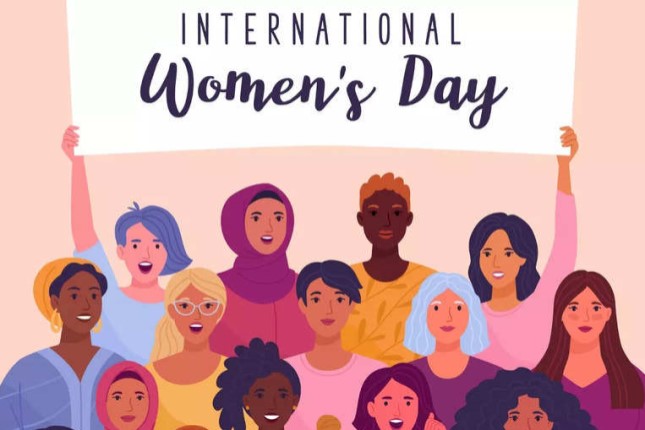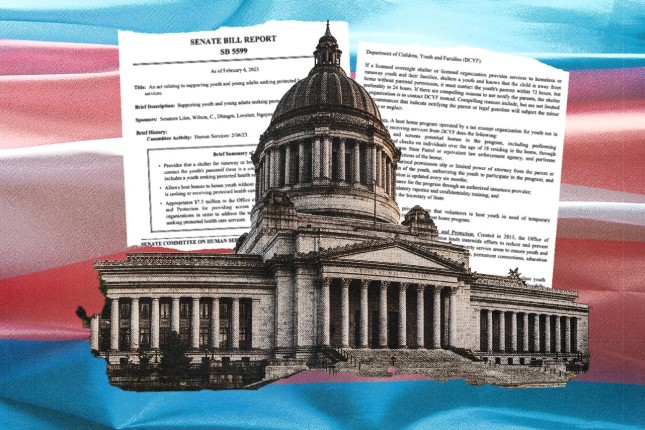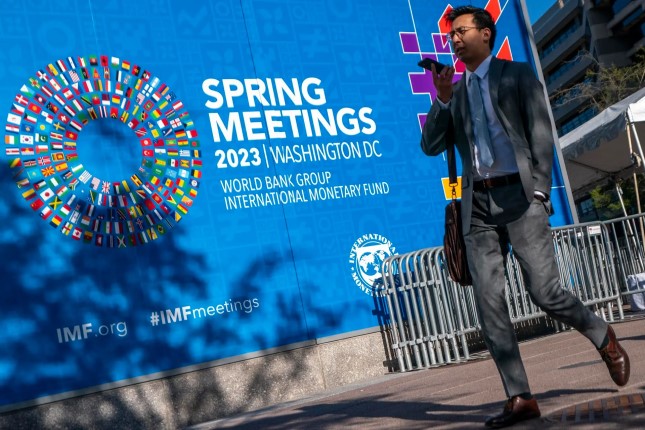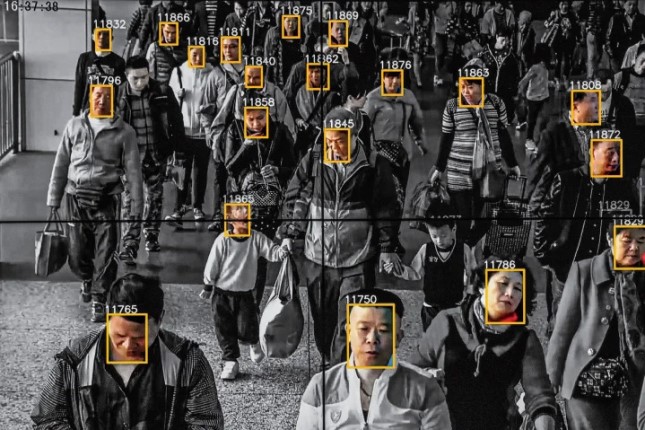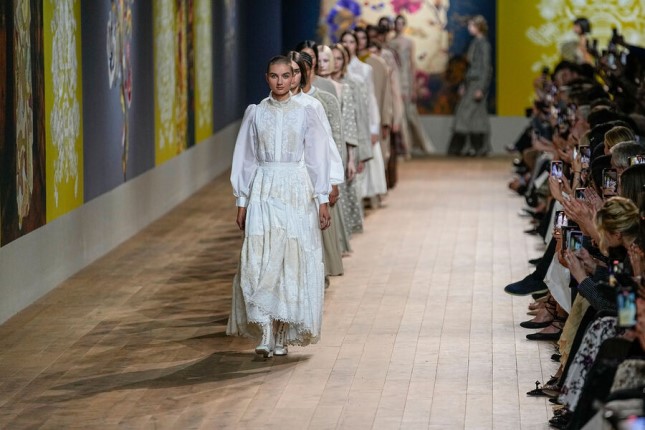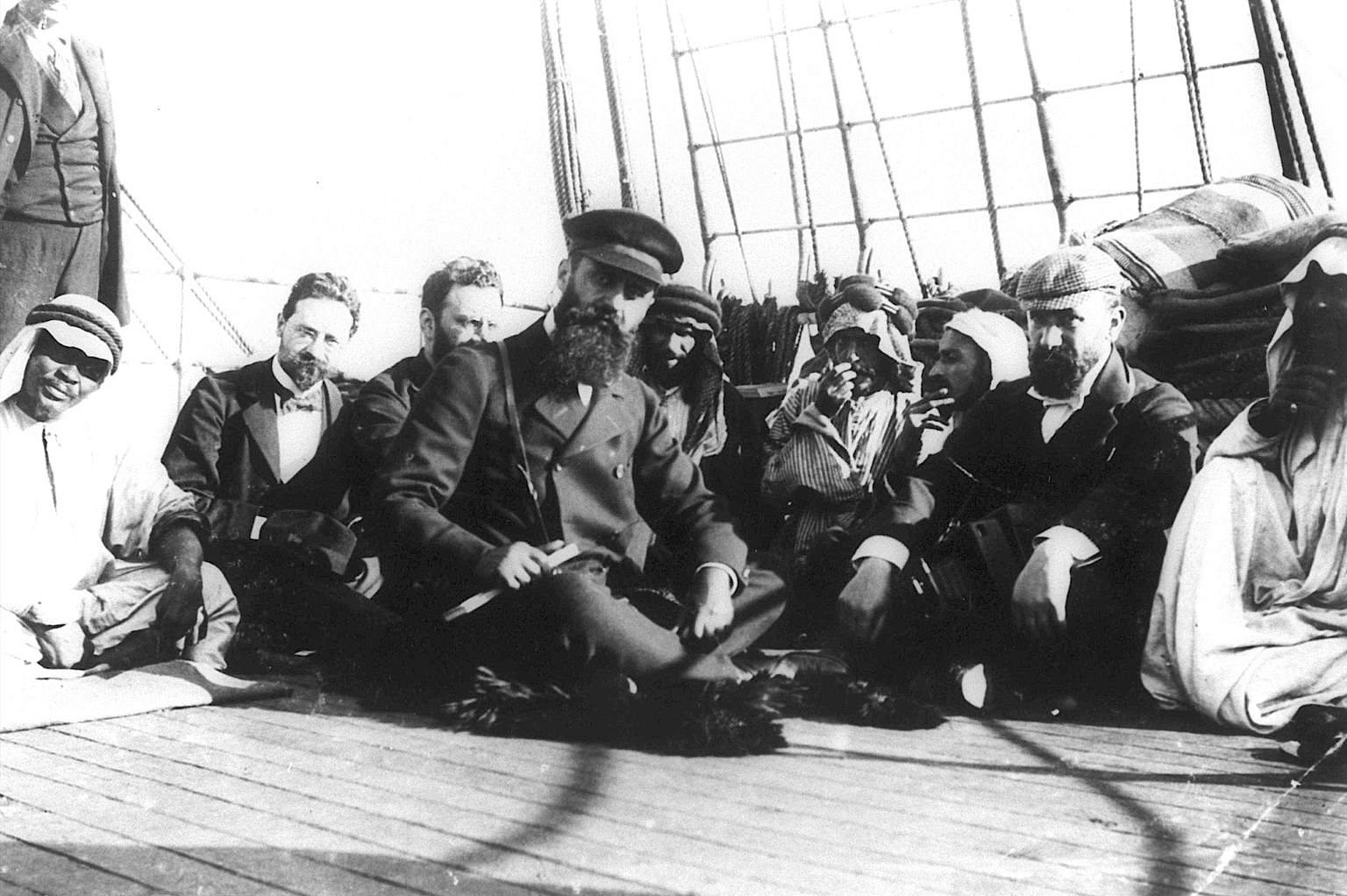International Women's Day (March 8) is not an ordinary holiday. It became truly international − began to be officially celebrated by the UN − in 1975. That is, already after achieving the main goals proclaimed when this holiday was established.
Namely, by 1975, women had gained voting rights almost everywhere except a number of Arab and exotic island states.
The holiday was considered "socialist" for a long time. It was founded at the Second International Conference of Socialists, which took place in Copenhagen in 1910. And it is still celebrated mainly in countries that were previously part of the Soviet bloc.
However, the essence of this holiday has much more to do with the evolution of capitalism.
No taxation without representation
The very idea of fighting for women's voting rights has an economic basis. In fact, it is a development of the slogan of the North American colonists "No taxation without representation", which they used in the fight against the British crown. This refers to representation in the British Parliament.
With the development of industrial production, growing urbanization and introduction of income tax − large numbers of women are becoming taxpayers. Moreover, something previously absolutely impossible begins to happen − even a poor woman is able to survive without a man, if she has a job in the city.
At the end of the 19th − beginning of the 20th century, a woman becomes a full-fledged economic entity, she pays taxes − and naturally begins the struggle for political rights, which she could not even dream about in a patriarchal agrarian society.
It is worth emphasizing that we are talking about the right to vote for all women. Because in some countries women could have these rights under certain conditions. For example, in Sweden already in the 18th century, during the Age of Liberty (the transfer of power from the monarchy to parliament occurred as a result of the catastrophic defeat of Sweden in the Great Northern War), women who were members of the guilds and paid taxes received the right to vote. Later, this right was taken away from them step by step − until 1919.
Sweden is a perfect example of the connection between suffrage, taxation, and war.
Probably, March 8 − as a holiday and an occasion for demonstrations of women's demands − would have played a big role in history if not for two world wars. The colossal losses of the male population and the need for workers have led to a sharp increase in the importance of women in the labor market. Which quickly led to the political emancipation of women. In a sense, the struggle for women's political rights ended before it began.
What would have happened if there had not been two world wars? There is a curious test case − Switzerland. Women's suffrage was introduced last among all Western republics in this country, which did not participate in the world wars.
Women's Vanguard for the New Left
However, paradoxically, when the slogan of the political equality of women has practically lost its significance, the UN is adding International Women's Day to its calendar of holidays. Why?
This is due to the crisis of the global left movement. More precisely − with the search for a way out of it.
The crisis of the left movement began in the 1960s. It originated in the US, where the classical agenda of the struggle of the proletariat for its rights had no prospects. The emergence of the Non-Aligned Movement in 1961 was also a symptom, demonstrating certain tiredness with the forceful style of the confrontation between the US and the Soviet Union.
At the turn of the 60-70 years of the 20th century, it became finally clear, firstly, that with the advent of the welfare state, the struggle for the interests of the working class lost all meaning in Europe. And, secondly, the authority of the leader of the socialist bloc, the Soviet Union, has fallen. In particular, because of the invasion to Czechoslovakia in 1968, as well as because of the Soviet-Chinese split, the peak of which was the military conflict on Damansky Island (1969).
Left-wing political forces, primarily in the West, began to actively seek new forms of political struggle. And as a result, the focus of the attention of the New Left was the struggle for group interests (according to gender, race, religion and other criteria). And the fight for women's rights has become one of the priorities. This struggle is still not over. Thus, one of the most acute domestic political issues in the United States is the issue of a woman's right to an abortion. In the summer of 2022, the US Supreme Court overturned a 1973 court decision that stripped states of the right to ban them and legalized abortion at the federal level.
